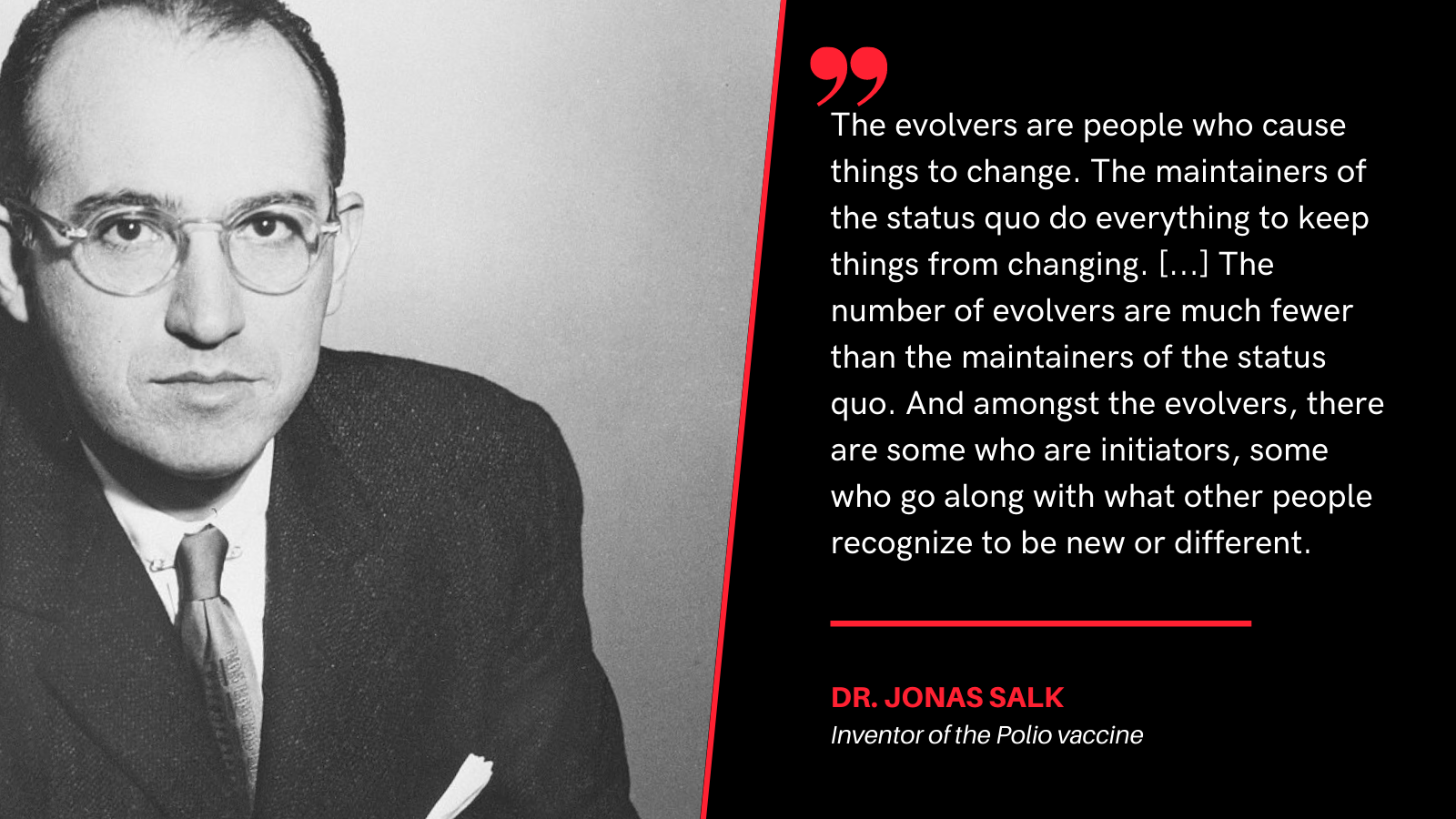Why participate in a clinical trial?
Clinical trials are studies in which new treatments (drugs, devices, or biologics) are tested using human volunteers. These potential new treatments might be tested against the efficacy of another treatment intended for the same condition, be tested against a placebo, or against an untreated group (more on that in our previous post). Clinical trials provide the necessary rigorous testing of a treatment before it is approved for use in the general population.
Participating in a clinical trial is a big decision, and people interested in doing so should do plenty of research and consult a doctor. Participants willingly accept the inherent risks in undergoing an unapproved treatment, but they are also the foundational element of innovative research and medical breakthroughs. Without clinical trial participants, new therapies would be almost impossible to develop.
Who can participate in a clinical trial?
In general, there are two types of clinical trial participants: healthy volunteers and patients seeking new treatment solutions. Healthy volunteers provide a baseline within the trial and can serve as a control group for patients seeking treatment. Throughout the trial, they receive the same procedures, physician reviews, and drugs that the patients receive. Even though these volunteers are not sick, they provide a necessary reference check for the trial operators to compare treatment information and understand the way demographic characteristics (age, weight, gender, etc.) affect the treatment response. Healthy volunteers provide a vital role in medical research by providing insights about treatment side effects and broad population application.
Patients seeking treatment participate in trials for a multitude of reasons. Some patients participate to take a more active role in advocating for their health and the health of others with their condition, and others may participate to contribute to medical research and to hopefully advance the scientific breakthroughs in their disease area. For some conditions, clinical trials provide the only possibility of receiving life saving medical treatment and expert care.
Are clinical trials safe?
When running a clinical trial, investigators have one obligation above all others: to keep all parties involved, from patients and volunteers to doctors and clinicians, as safe as possible. Investigators are held to this obligation by something called an Institutional Review Board (IRB),1 a third-party group of experts that manages the structure and ethics of clinical trials under the guidance of FDA regulations. IRBs review research to ensure that the rights and welfare of clinical trial participants are protected. For researchers to receive approval for a clinical trial, they must submit their plans and trial design to an IRB. Complex and prolonged studies must be annually reviewed by an IRB to protect and monitor all participants.
In addition to IRB oversight, investigators must obtain something called “informed consent” from all patients and volunteers throughout the clinical trial process. A patient can only provide informed consent when they have been provided with sufficient time and information to make an informed decision about whether to participate without any influence or coercion from the investigators. The FDA provides strict guidelines for what counts as informed consent, and IRBs review this process for every clinical trial. Participation in clinical trials is always voluntary and the informed consent process continues throughout the trial.
References
1https://www.fda.gov/regulatory-information/search-fda-guidance-documents/guide-informed-consent
Science is constantly evolving and transforming thanks to continued scientific research. Clinical trials play a key role in these developments and they could not exist without volunteer participation. For those looking to join a clinical trial or find clinical trials near you, visit https://clinicaltrials.gov/


